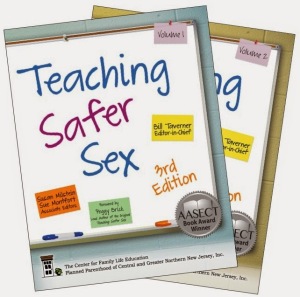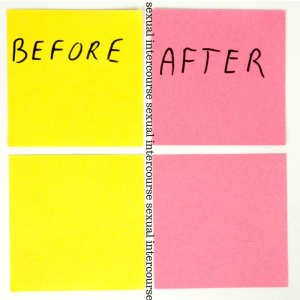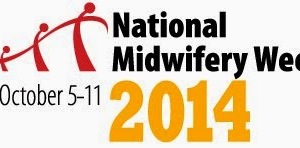 This morning I heard a young person talking about trust – and how organizations absolutely must develop trust with their clients or they won’t be able to do anything at all. Young people won’t accept help from someone they don’t trust.
This morning I heard a young person talking about trust – and how organizations absolutely must develop trust with their clients or they won’t be able to do anything at all. Young people won’t accept help from someone they don’t trust.This is an idea that could boom around the world. What does it mean to gain – to earn – trust? I find that adults can get be overly focused on requiring young people to earn their trust – but forget the piece where they need to earn the young peoples’ trust.
Because we work for a given organization, because we teach a certain subject matter, because we know ourselves to be caring and attentive individuals who help young people does not mean that young people are required to trust us or even to be grateful for our help.
The following lesson is designed to support young people in helping each other – people they already have built a trusting relationship with – to extend the sexual health message. This way we build trust with one or two youth and then, by training them to support their friends, our message can run ahead of us.
This lesson is, like yesterday’s, from the second volume of Teaching Safer Sex:
_____________________________________________________________________
WHAT’S A FRIEND TO DO?
The Role of Friends in Promoting Safer Sex
Objectives
By the end of this lesson, participants will be able to:
1. Defend the proposition that if a friend’s behaviors put him or her at risk, a real friend will try to prevent the danger.
2. Identify possible responses they might have when a friend is at risk.
3. Apply different ways of taking action to reduce a friend’s risk.
Rationale
Most sexuality education focuses on the individual’s responsibility for self and partner. However, by acknowledging the vital role of peers in determining a person’s attitudes and behaviors, many educators now use peer education effectively. Yet, young people are seldom urged to be proactive regarding a friend’s risky sexual behaviors, as they are in safety campaigns such as those regarding alcohol use, e.g., “Friends don’t let friends drive drunk.” This lesson encourages young people to consider whether a true friend needs to take a role in discouraging risky sexual behavior that could lead to a sexually transmitted infection or an unplanned pregnancy.
_____________________________________________________________________
Standing up for sexual health is no easy task – even as an adult, within adult circles, it is far more a taboo subject than sexual jokes. But we can give young people the tools with which to meet their friends where they are and help move them, step by step, towards a sexually healthier existence.
A friend recently asked me what my ultimate, large goal is in my career in sexuality education, and here’s what I came up with: That every person in the world has someone knowledgeable to go to with questions and worries about sexuality. I think this lesson moves the world, ever so slightly, in that direction.






